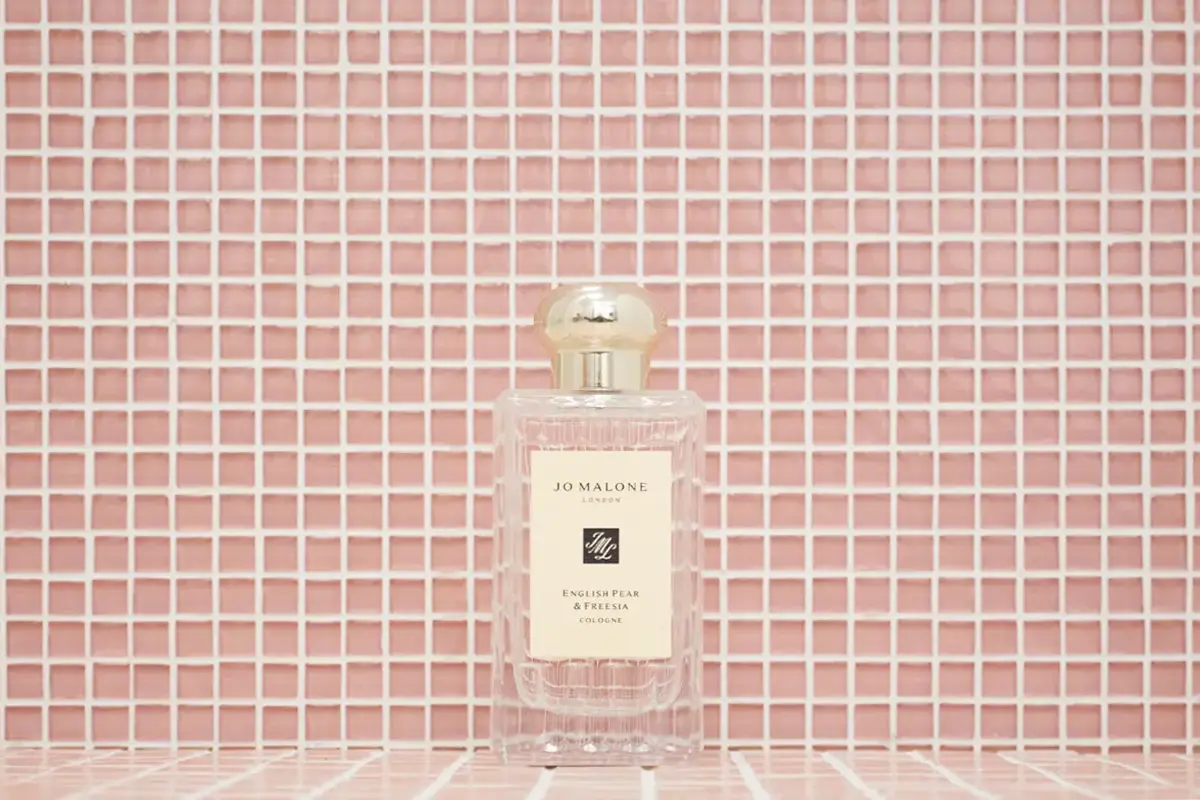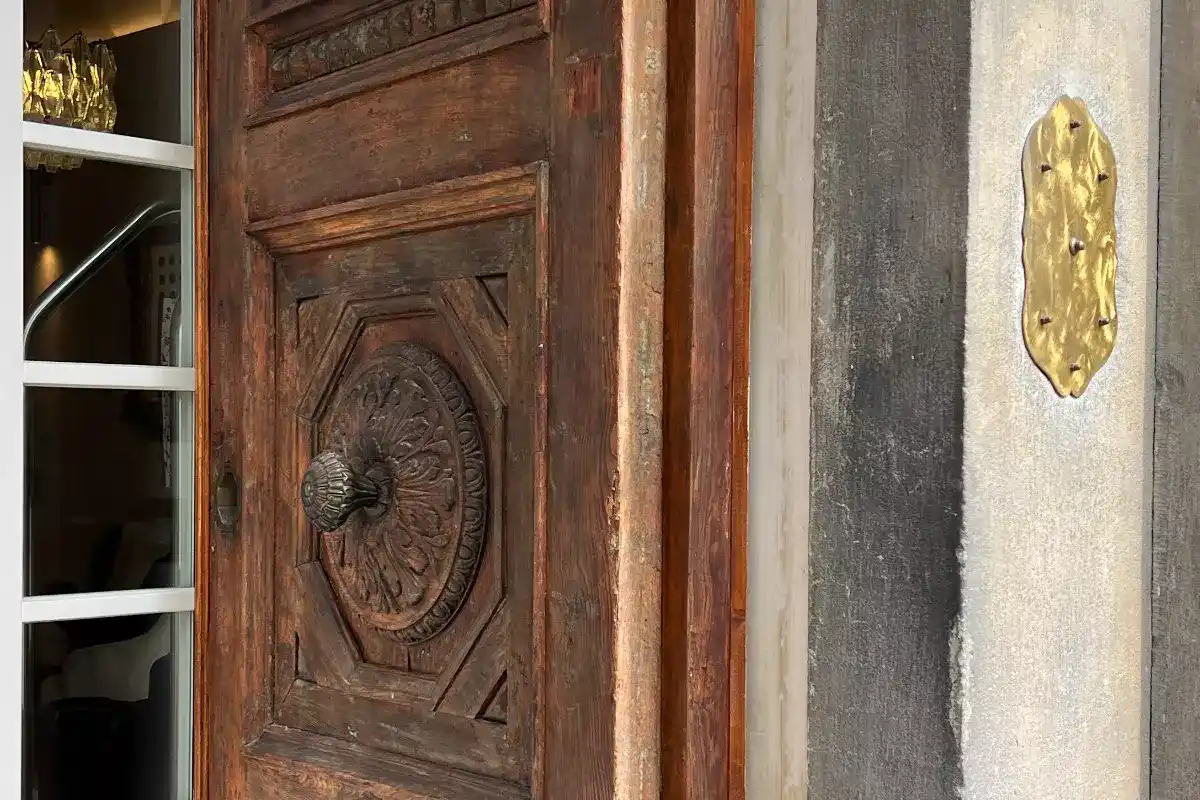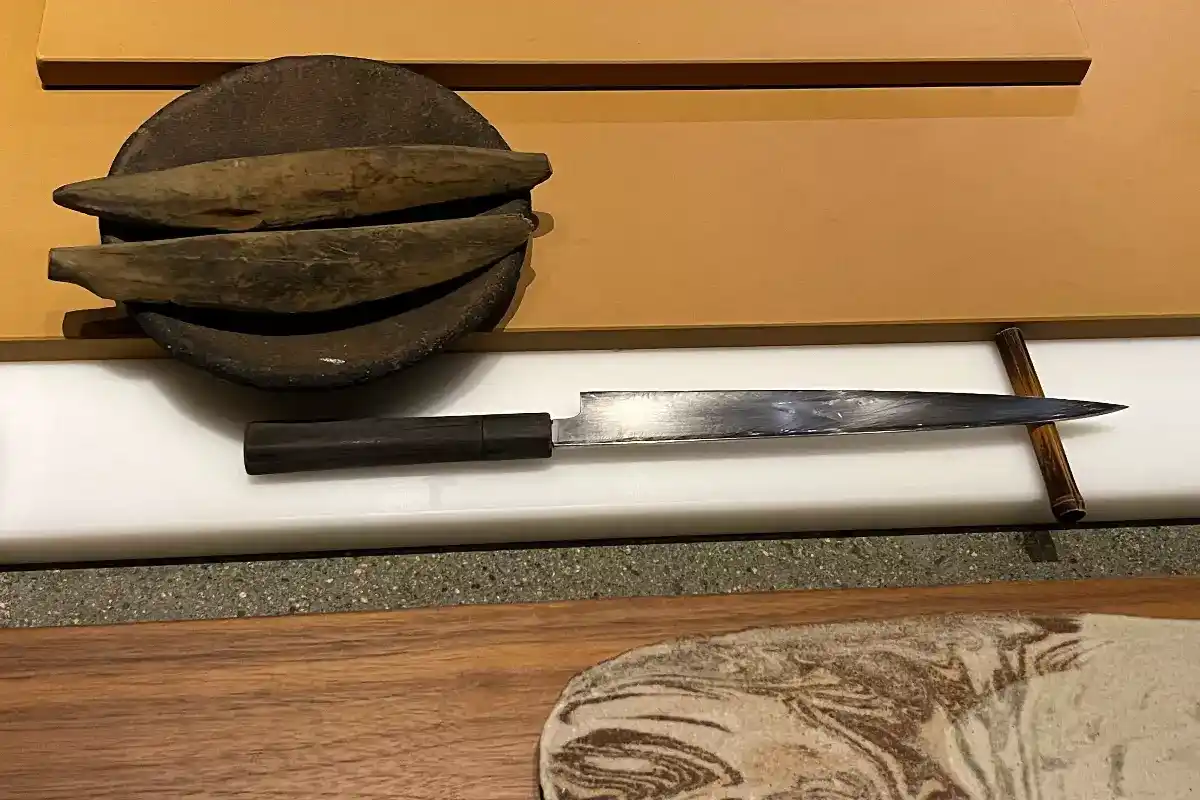John Keats’ poem To Autumn inspires a fragrance that is reminiscent of the English countryside by combining the fruit and flower
Defining an English brand
Jo Malone London was established over three decades ago by its eponymous founder. What has always defined the company is a dedication to combining atypical ingredients. They do this in order to create fragrances that have a strong identity. Floral elements underscore the fragrances that the brand has created. More often than not, these derive inspiration from the British countryside.
It is this drive to tie the brand to the country where it was founded that continues to define Jo Malone London as a British brand even though it has now become renowned on a global scale.
An English Connection with Jo Malone
English Pear & Freesia is fundamental to the brand identity of Jo Malone London. It is also tied to the history of its creator. Céline Roux is the Head of Global Fragrance. This is the first perfume that she created after joining the company over a decade ago. The corresponding relocation from New York to London saw her inspired by the scent of English autumn. Since the creation of English Pear & Freesia, it has remained one of the most popular fragrances of the brand because it is distinctive yet weatblae. Roux is of the opinion that «it’s remained popular through the years because of its universal elegance and distinctive freshnes».
Arguably among the most pervasive scents of English Autumn is that of the orchard at harvest. The climate of England means that the trees that bear the most fruit are apples and pears with the country boasting countless cultivars of both. From the pear family, one of the most fragrant, and quintessentially English, varieties is the King William. Its origins in England have been traced to the late eighteenth century and the yard of a schoolmaster called John Stair. Subsequently it was the role of a nurseryman named Williams who cultivated the variety and gave rise to its widely accepted name. It has a distinctive bell-shaped form and when ripe assumes a golden hue, while its taste and fragrance is heady and sweet.
Fruit and Flower from the English countryside
The heart note of this perfume also ties to its English heritage. Freesia is a late blooming flower that is planted in April yet does not flower until late summer. By appearance it is delicate, with elegant trumpet shaped petals and a long elegant stem. They come in a plethora of colors, ranging from yellow to lavender to pink. The scent that these flowers emit accords with their appearance: delicate, airy and with an underlying freshness.
This combination of the sweetness of the top note of the King William Pear with the heart note of Freesia are skilfully combined in the Jo Malone fragrance. Balancing the elements gives way to a scent that has a sophisticated allure. Further depth is provided by the decision to use patchouli for the base note. Not only does this impart a grounding richness, its warmth balances the coolness of the freesia.
To Autumn by John Keats
In addition to the scents of England in autumn, Jo Malone London links English Pear & Freesia to a poem penned by John Keats in the early nineteenth century. «To Autumn» reflects on the changing season from the richness of summer towards the softer sun of the harvest months. «Season of mists and mellow fruitfulness» establishes what it is to experience autumn in England. The poem continues in a romantic ode to the season. When English Pear & Freesia is considered in tandem with Keats’ lines it is clear that the fragrance is tied to the heritage and scents of England. This also aligns with the brand philosophy of Jo Malone London.
Jo Malone
Jo Malone London is a British multinational cosmetics company, perfume and scented candle brand, founded by Jo Malone in 1990. In 1999 it was acquired by Estée Lauder.




















